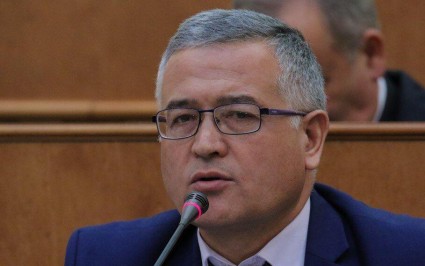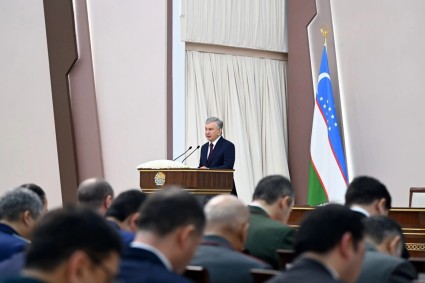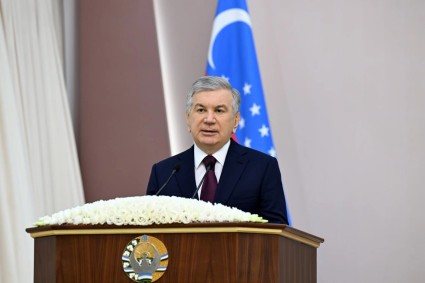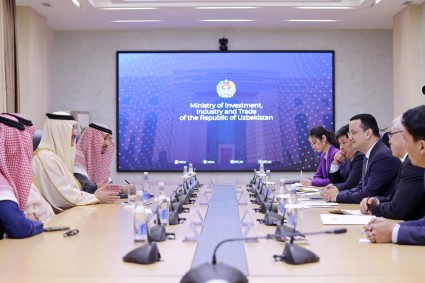Interior Ministry proposed liability for publishing on the Internet photos and videos about the work of law enforcement officers “with the aim of discrediting and insulting them.” The relevant bill was conceptually adopted in the first reading at the November 28 Legislative Chamber meeting.
In particular, the Ministry proposed to add a new article 195−2 in the Code of Administrative Responsibility, according to which for posting on the Internet photos and videos about the work of law enforcement officers related to the performance of official duties, that is, ensuring public safety, with the aim of discrediting or insulting them could be enalized by a fine of 50 Basic calculation units (BCU) (from December 1 - 17 million soums) or arrest for up to 15 days.
MP Doniyor Ganiev said that law enforcement agencies are employing thousands of patriotic fellow countrymen who ensure the public security, but among them there are those who abuse their official powers and violate the rights and freedoms of citizens.
“There are risks that tomorrow they could abuse this provision and use it for other purposes to violate the rights of individuals and treat them roughly. You might think that this could lead to improved employee morale. No, it will have the opposite effect. We want law enforcement officers, in particular police officers, to become an institution that is a real support, friend and protector of citizens,” said Doniyor Ganiev.
According to the MP, if such a provision is adopted, “the feeling of people’s respect for law enforcement officers will replace fear, the feeling of trust will replace doubt, the feeling of love will replace hatred.”
Doniyor Ganiev asked his colleagues to also speak out regarding this article when discussing the bill in the second and third readings.
In March 2022, the Ministry of Internal Affairs proposed to ban the publication on the Internet of photos and videos about the work of traffic police officers without their consent. The basis was a closed presidential decree. The ministry said the employees' activities were being reported "with contradictory or defamatory comments." The public considered the proposal a “step backward” in democratic reforms.













